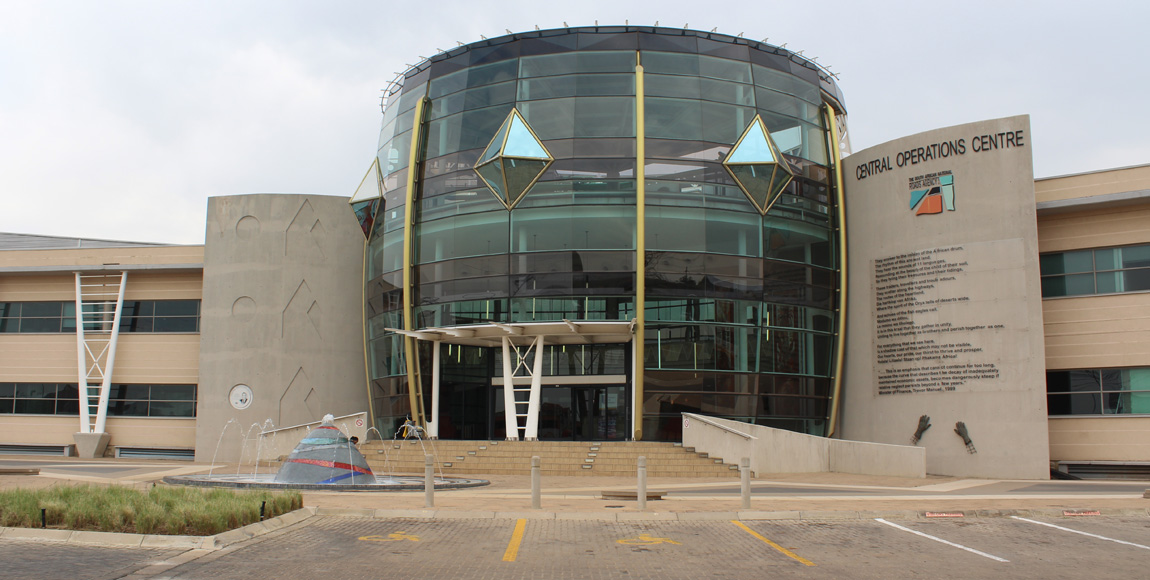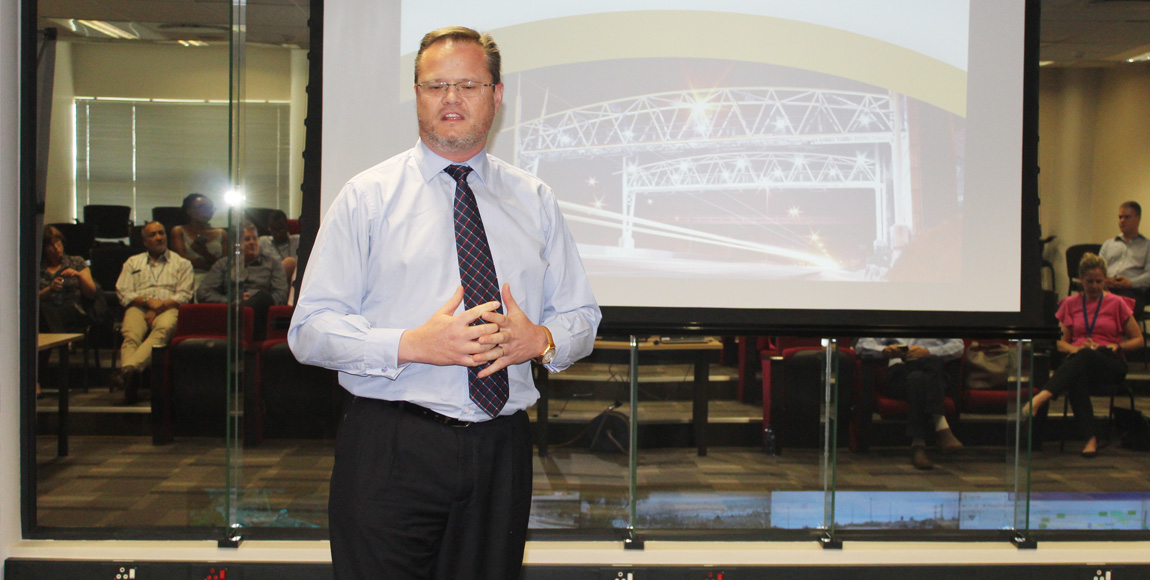Update on e-tolls

Yesterday, FOCUS was at the Electronic Toll Collection’s (ETC’s) central operations centre for a presentation by CEO Connie Vermaak. The ETC was established in 2010 and contracted to provide the technology and toll-collection services needed on Gauteng’s improved freeways.
Vermaak said: “We have given up trying to convince people to pay their e-toll bills; instead we are trying to tell them part of the story that hasn’t been heard. We understand that, although Sanral complied with legislation, the need to toll Gauteng roads in support of the Gauteng Freeway Improvement Project (GFIP) was poorly communicated to the public.”
Recently the government has been airing contradictory messages with regard to the future of e-tolls. “The ETC has been working to gain political support and to get clarity for Gauteng road users on a way forward for e-tolling. Whatever the result, we need open communication and dialogue with all stakeholders,” said Vermaak.

No evidence of wrongdoing
Vermaak added: “Contrary to what many people believe, ETC owner Kapsch has not taken vast sums of money out of the country. In fact, it has not taken a single cent out after investing R800 million.
“The ETC’s books are audited by PricewaterhouseCoopers (PwC). In addition, the company is audited by Sanral’s auditors and subjected to scrutiny by the Auditor General on a permanent basis.”
Value-added services
The ETC’s service-level agreement with Sanral requires it to maintain the free flow of traffic, and it has 4 000 cameras monitoring Gauteng’s highways. After an incident is identified, operators at the ETC will dispatch a truck to tow the affected vehicle to a safe place, free of charge.
The ETC also has the capacity to assist with accident investigation, traffic management and law enforcement through its number-plate recognition technology.
“Going forward, the ETC will apply a customer-centric approach that concentrates on communicating the benefits of a road network funded through the collection of tolls,” concluded Vermaak.
Published by
Focus on Transport
focusmagsa




